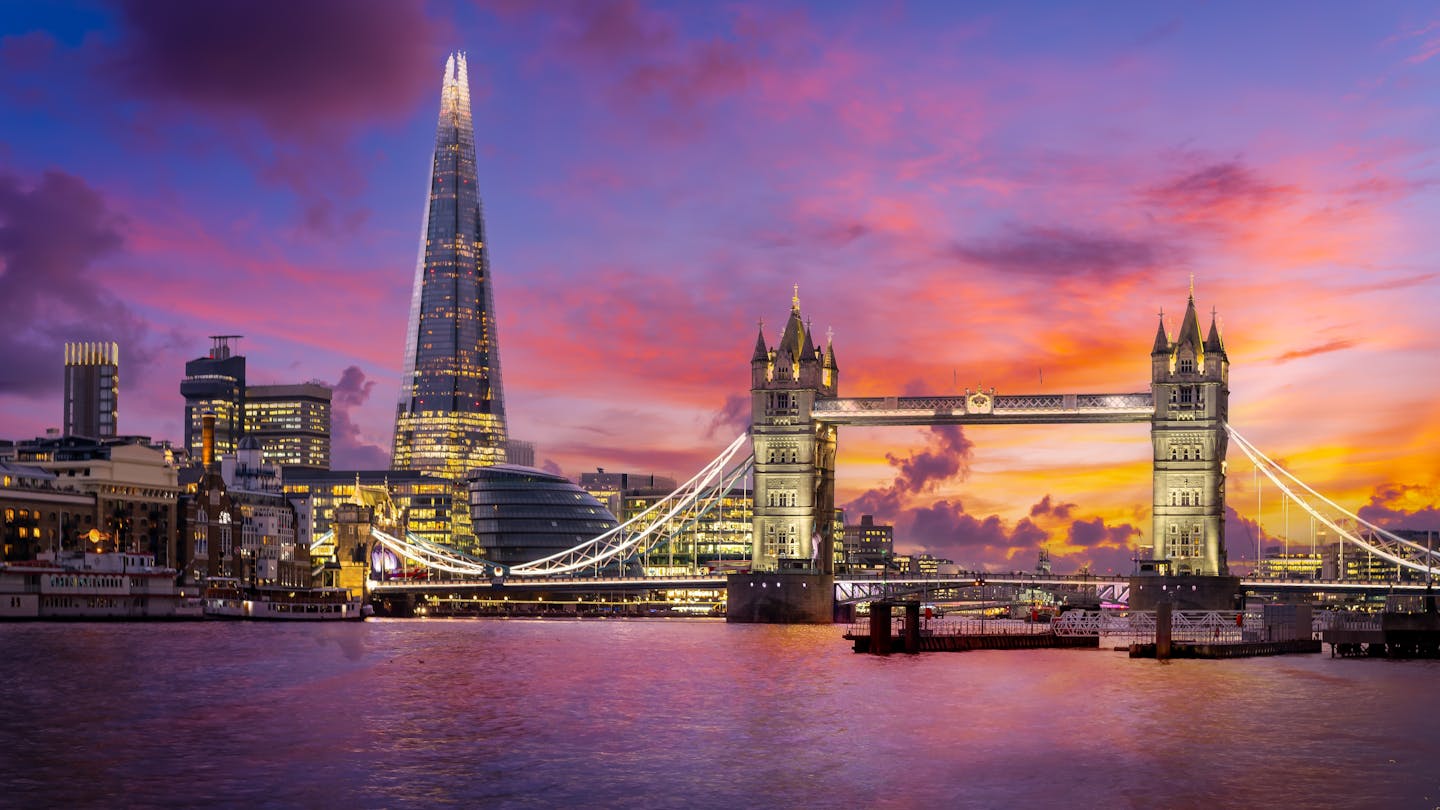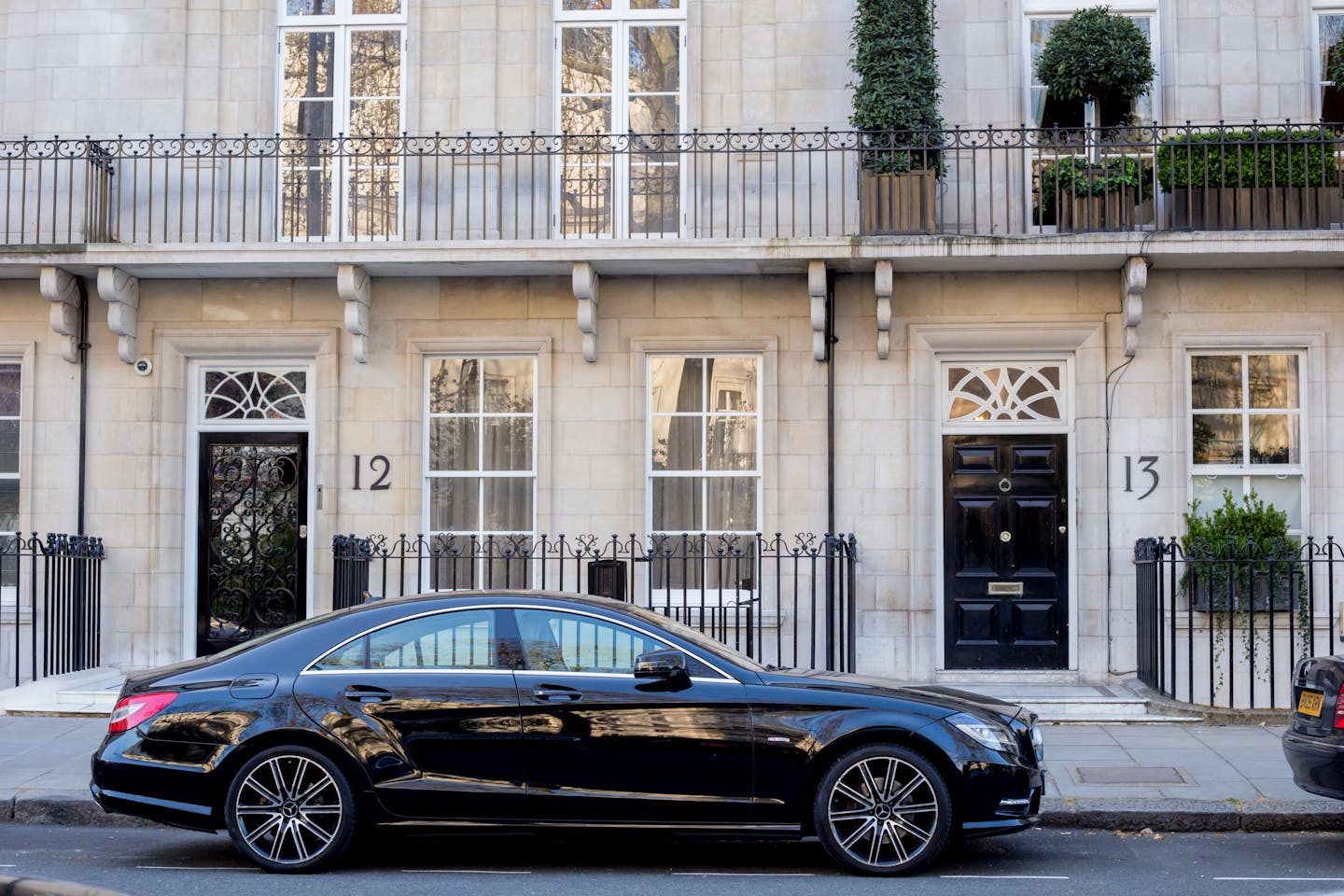
News stories in recent months have claimed that more than 16,500 millionaires are expected to leave the UK in 2025 due to the country’s increasing tax burden. Notably, the abolition of “non-dom” tax rules has been touted as one of the reasons for this “millionaire flight”. It might seem that efforts to tax very wealthy residents is foolish – killing the goose that lays the golden egg.
It is hard to overstate how important the topic of taxation is. Most people’s daily lives are heavily underwritten by everything that income from taxes can buy – public services like healthcare and education, defence, roads and infrastructure, to name just a few.
Claims of fleeing millionaires centre on the UK as a high-tax economy. The state chooses, so the thinking goes, to stifle talent or encourage it to move to lower-tax countries. But these observations don’t always stand up to scrutiny when we look more broadly at the statistics and get into the methods underpinning them.
The idea of a wealth exodus is a powerful metaphor – a kind of inverse of the suggestion that rich countries are deluged by migrants. After all, who wants to see any exodus from the UK – especially of the richest among us? But we also want those with the most to pay into a system to improve the fortunes of the people with the least.
So let’s turn back to the question of tax. Non-doms (rich long-term UK residents who claim to be “domiciled” elsewhere and who will in future have to pay tax on all income they earn, whether overseas or in the UK) and thousands of other people are apparently leaving for lower-tax regimes. But where have these claims come from?
Consultancy firm Henley & Partners, the company behind the projected 16,500 fleeing millionaires figure, says it advises people on obtaining citizenship through investment. The company has been tracking the locations of the rich using data from research firm New World Wealth and their findings have been used widely across the UK media.
But New World Wealth’s database tends to focus on entrepreneurs and company founders (around 50% of the 150,000 on its database). This group is often more mobile, with wealthier millionaires being more easily tracked than millionaires with fewer assets. Such figures do not include property millionaires.
Second, Henley & Partners says that migration figures are based, among several other measures, on evidence of whether the millionaires in the database spend more than six months in another country. This means that someone who, for example, lived overseas for seven months of the year but retained a UK passport, home and business could be counted as an out-migrant.
Another problem is that one way migration data is verified is by using sites like LinkedIn to notionally identify where millionaires are working. But this may not be where they actually live.
Henley & Partners says both it and New World Wealth have been tracking “millionaires on the move” for more than a decade. New World Wealth says it uses multiple sources to map millionaire migration, including data from investment migration schemes and enquiries about these schemes, property registers, company registers, data from high-end removal firms, as well as information about new family offices being set up. And Henley & Partners says it has never funded any lobby group or political party.
(Swiss bank UBS/Credit Suisse has also forecast a large number of millionaires leaving the UK – from 3.06 million “total millionaires” (someone who is a millionaire based on all their assets), it projects a fall to 2.54 million by 2028.)
More millionaires
But even working with these estimates (around 9,000 for 2024 and the 16,500 figure for 2025) gives a number of rich people leaving or expected to leave the UK that hovers between close to zero and 1% of the UK population of millionaires.
Bear in mind that the number of homes worth more than a million pounds in Britain is now around 702,000, and that the number of people with a million pounds or more in personal wealth is more than 3 million.
All of this suggests the estimates of out-migration constitute a tiny fraction of the UK’s millionaire population. These could be the UK’s wealthiest millionaires and biggest taxpayers – but without better data it’s impossible to say for certain.
There’s other evidence to challenge the idea that high taxes are pushing the UK’s wealthy population out. A survey by pressure group Patriotic Millionaires found that most people who are wealthy are concerned about the state of the UK and are willing to pay more. It is also important to note that wealth taxes are very popular among the general population.
In our work on London’s super-rich we saw that millionaires are attached to the city, seeing it as an unrivalled location globally. There is a lot of money around and a lot of property wealth – but also many who are willing to pay more in taxes.
But there are those who lobby to create a more advantageous tax environment for the wealthy. The income of these sectors is driven by high-value sales – whether of a business, shares and assets or luxury goods, for example.

Some newspapers, writers, influencers and those in the finance, luxury and property sectors may have good reason to perpetuate a sense of a wealth exodus. For them it may be a good story, but we feel it needs to be challenged.
Ongoing reports of wealth migration have had significant consequences. It has already been suggested that Chancellor Rachel Reeves is considering reversing the decision to abolish non-dom status, for example. This had been expected to bring to the exchequer of £12.7 billion over five years. But, so far, the non-dom exodus does not appear to be happening.
This article is republished from The Conversation, a nonprofit, independent news organization bringing you facts and trustworthy analysis to help you make sense of our complex world. It was written by: Rowland Atkinson, University of Sheffield and Sharda Rozena, University of Sheffield
Read more:
- What is a non-dom? An expert answers our questions about the tax status claimed by Rishi Sunak’s wife and other wealthy people
- How the super rich conquered London
- Some of the super-rich want to pay more tax – but society cannot afford to depend on them
The authors do not work for, consult, own shares in or receive funding from any company or organisation that would benefit from this article, and have disclosed no relevant affiliations beyond their academic appointment.


 The Conversation
The Conversation
 The Daily Sentinel
The Daily Sentinel Associated Press US and World News Video
Associated Press US and World News Video Reuters US Economy
Reuters US Economy The Poughkeepsie Journal
The Poughkeepsie Journal Martinsburg Journal
Martinsburg Journal The radio station 99.5 The Apple
The radio station 99.5 The Apple The Register-Guard
The Register-Guard CNN
CNN Crooks and Liars
Crooks and Liars